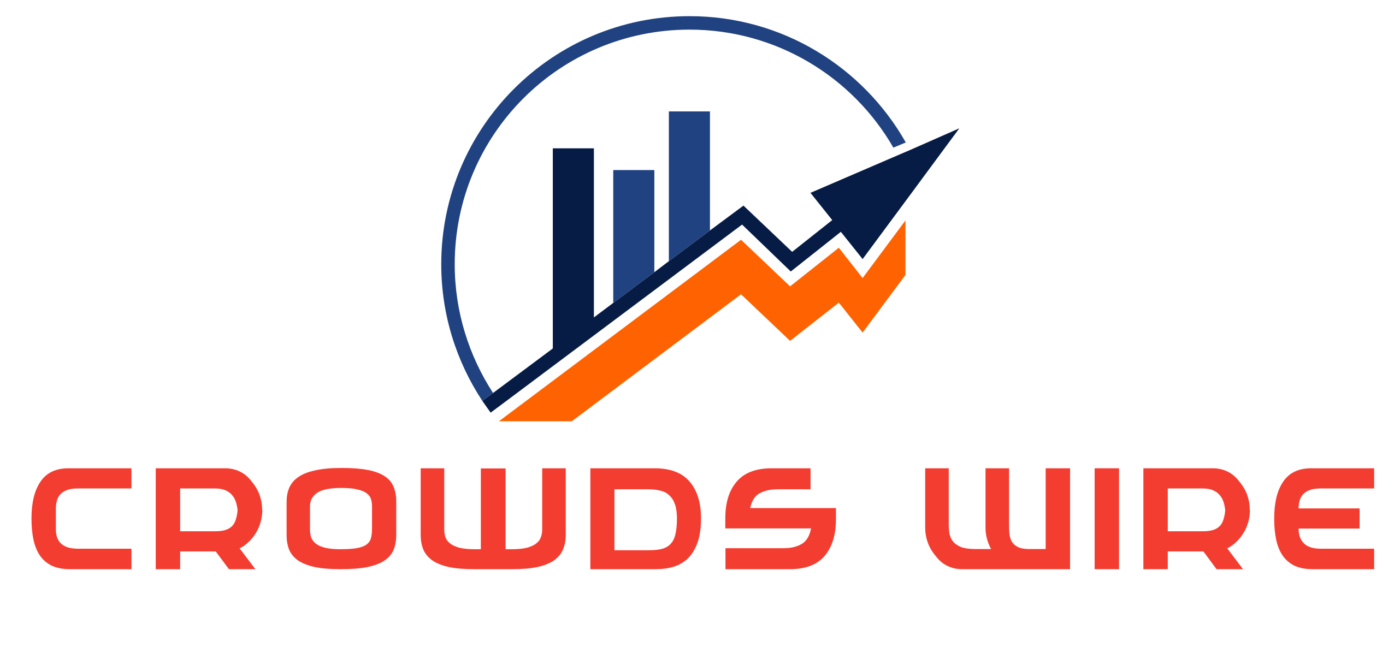SEO TOOLS
Search Engine Optimization (SEO) tools are software applications and online platforms designed to assist website owners, digital marketers, and SEO professionals in optimizing their websites for search engines. These tools provide valuable insights, data, and analysis to improve a website’s visibility, organic search rankings, and overall performance in search engine results pages (SERPs).
